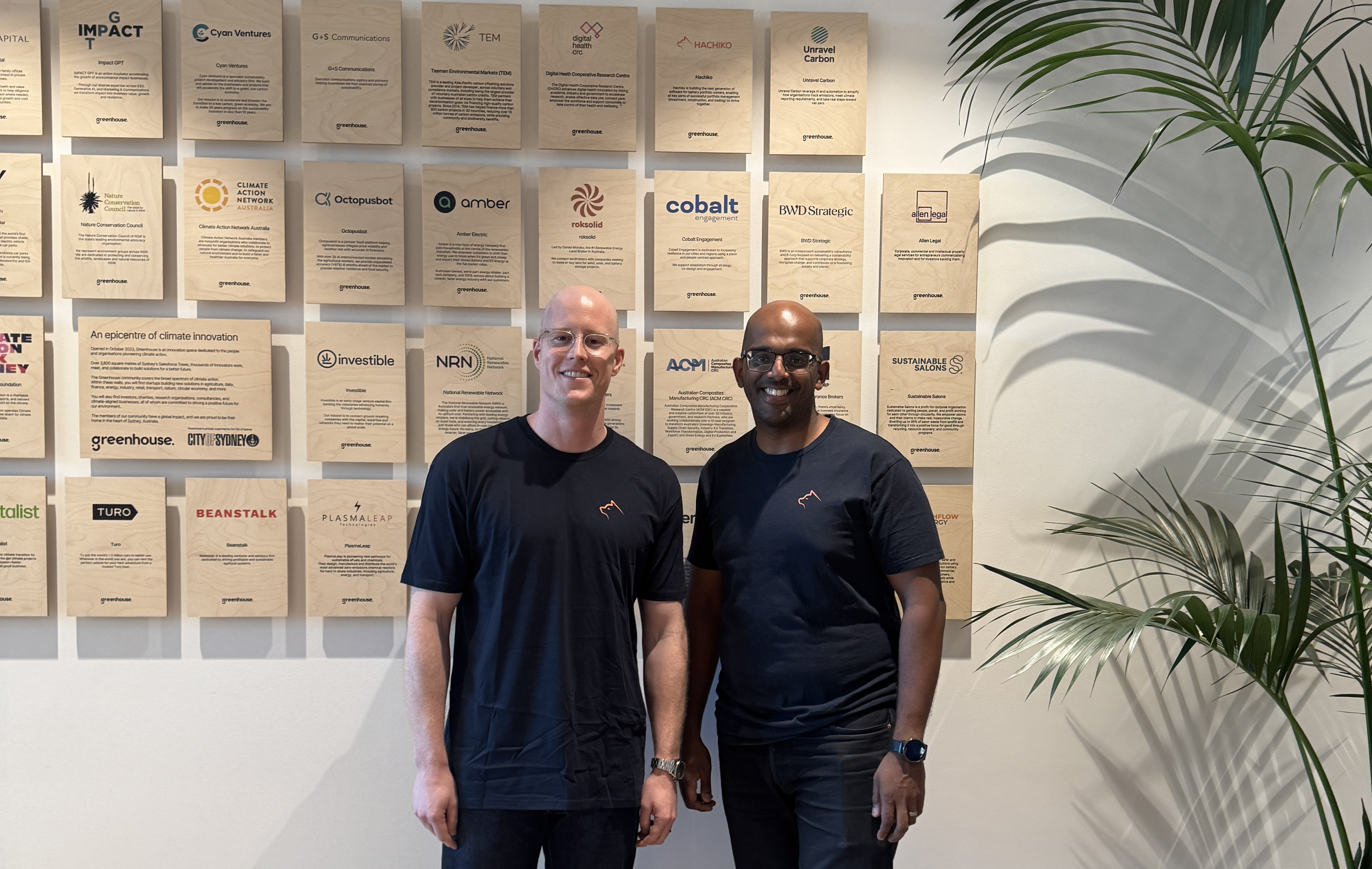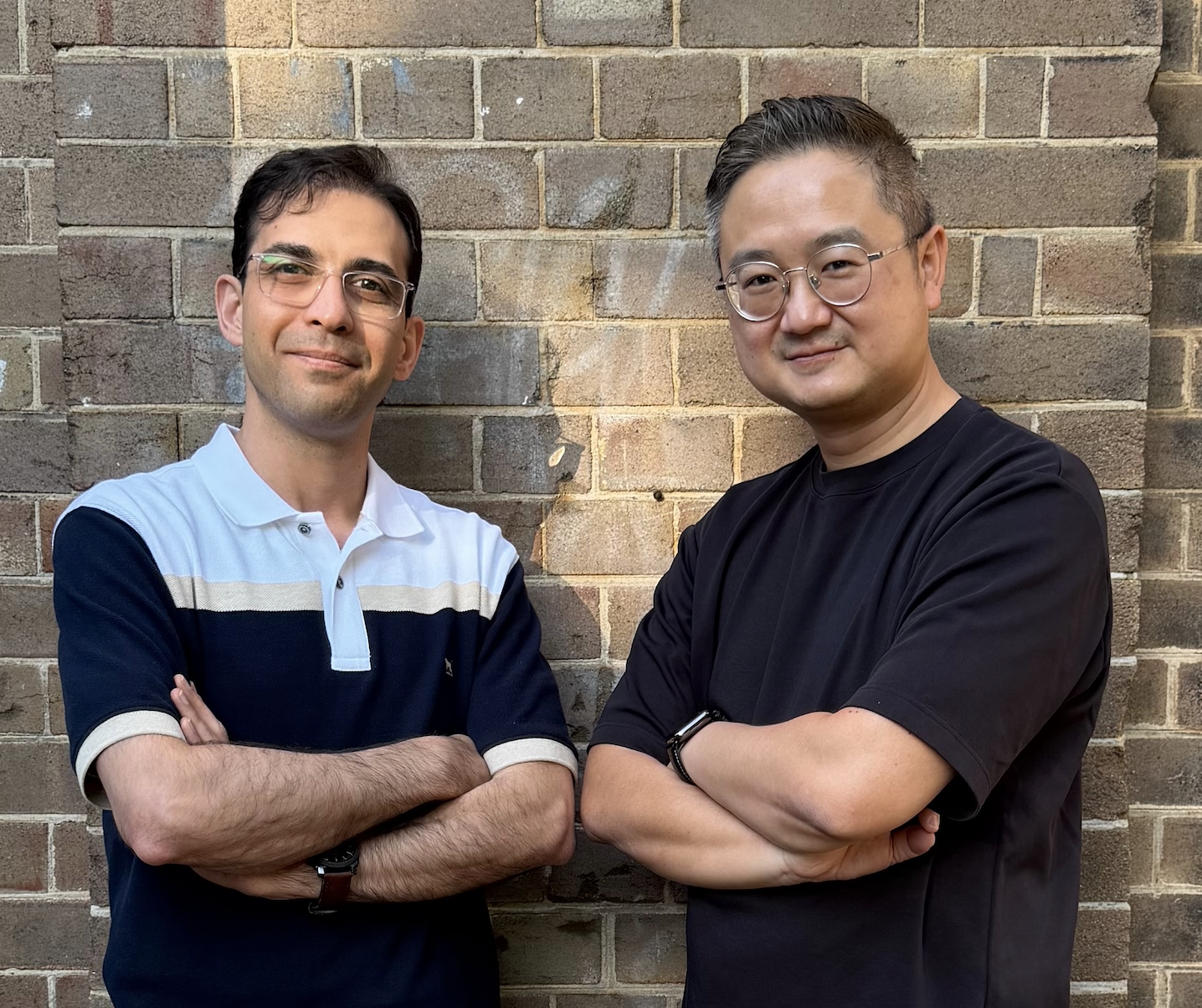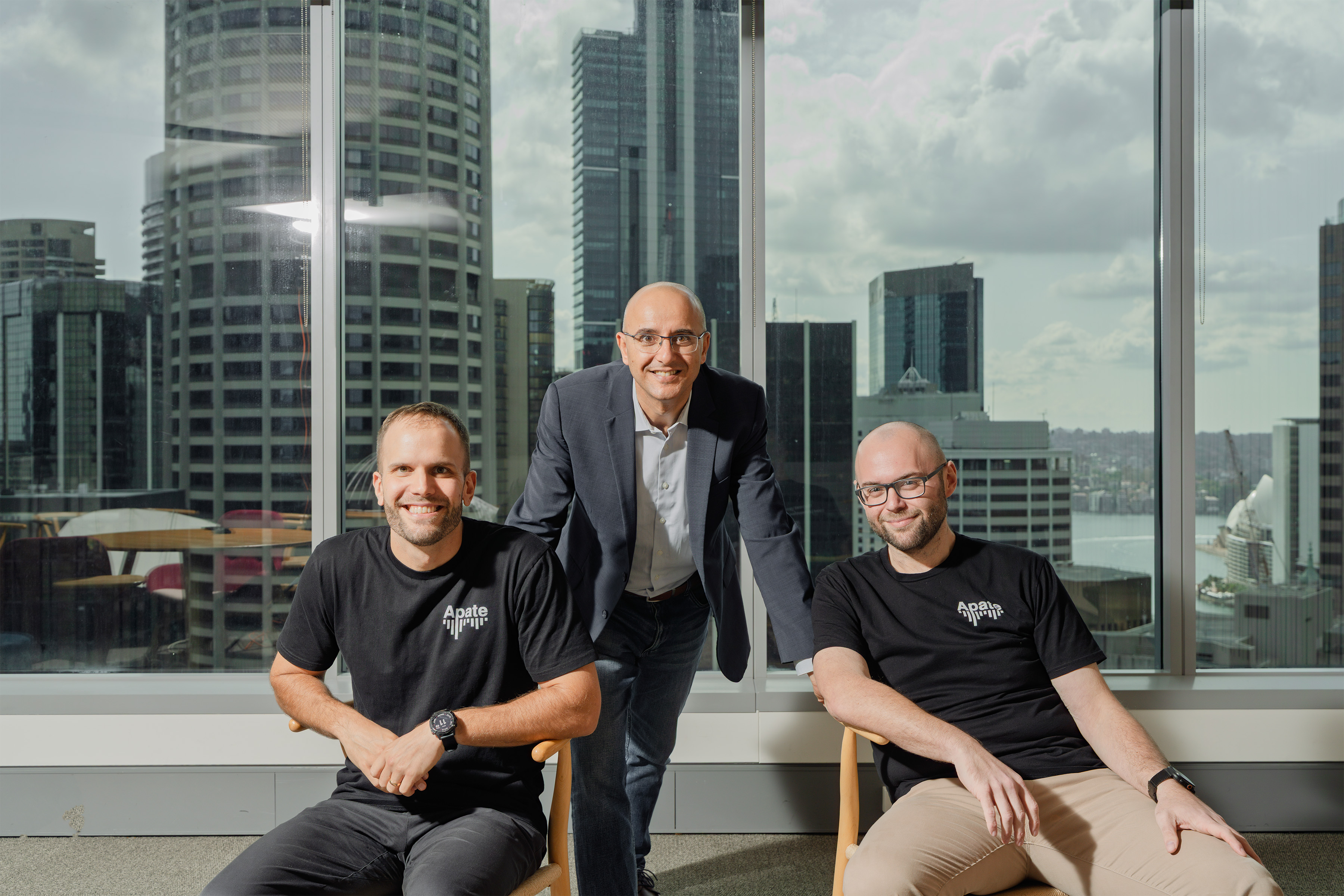
Valued at approximately US$300bn globally, aquaculture is now outpacing captured fish, making up 53% of global aquatic food production in 2016. This massive industry is facing significant challenges from the “global aquaculture disease crisis”, where diseases are wiping out billions of dollars’ worth of farmed aquatic life. This waste is also a substantial contributor to global greenhouse gas emissions.
This is where TeOra enters the market.
Led by former ASTAR and NUS researcher Rishita Changede, TeOra is pioneering the production and delivery of vaccines for aquaculture. Bridging multiple disciplines, TeOra have engineered a vaccine delivery method that can be ingested orally alongside feed.
The Investible Climate Tech Fund is proud to back TeOra and its talented team through a SAFE ahead of the company’s upcoming Series A round.

Oral vaccines in aquaculture benefit our economy and our climate
The nature of aquaculture practices such as high densities and low diversity causes the risk of disease to skyrocket. The fallout of these diseases has a huge socio-economic impact, particularly in rural areas. To provide a frame of reference, economic losses in Thailand between 2010 and 2017 from one disease alone (the acute hepatopancreatic necrosis disease) were estimated at US$7.4bn, with a further US$4.2bn in lost exports.
These production losses need to be replaced by additional farming. From the resources needed to produce the feed, energy required to filter the water, and emissions created down the supply chain all the way to the impact of mangrove clearing for new farms, these losses also have a huge climate footprint.
In the case of TeOra’s first target, the White Spot disease in shrimp, the carbon footprint from lost production is estimated in the 10s of millions of tonnes of CO2. Bringing a solution to the market is vital and requires a multidisciplinary approach.
Innovating from multiple vantage points
TeOra has brought together multiple schools of thought and solutions from the pharmaceutical and biotech world to address this significant issue. Wielding a combination of bioinformatics and synthetic biology with an oral delivery system, TeOra is leveraging large datasets and AI to develop targeted vaccine molecules tailored to specific diseases.
The team has worked hard to remove friction in the process, making the oral delivery product easily added to the feed without requiring any additional infrastructure. Given the required frequency of vaccine delivery caused by the non-adaptive immune systems of small fish and shrimp, this is a necessity.

Why start with Shrimp?
TeOra’s focus on the White Spot disease affecting shrimp stems from several factors:
- Shrimp Aquaculture in Southeast Asia, where TeOra is headquartered and has relationships, is significant. TeOra’s initial markets of India and Indonesia represent 26% of global shrimp production.
- Profits from shrimp production can be high, but disease is one of the biggest issues and will typically affect all the shrimp in a farm, with severe financial consequences.
- There are major feed distributors to these farmers, who often sell on credit and rely on the shrimp sales for repayment.
There is a clear need for a solution to White Spot disease and, to date, there have been no effective solutions. In our search for competitors, we found companies producing immunostimulants with limited benefits, and other vaccine methods that tend to use more complex and expensive solutions, making them unsuitable for the region.
TeOra has developed a system with potential to scale and is seeing promising results.
Clear signs of traction
The probability of White Spot disease occurrence in shrimp farms in India is estimated to be 25%. If it is not managed, the disease can potentially wipe out an entire farm in less than 10 days. Unfortunately, there are no effective options to help shrimp farmers to save their crop. With no vaccine available in the market, the survival rate of infected shrimp is close to zero. TeOra’s products and their results, which have been verified by an external party in a controlled environment, demonstrate a survival rate of 78% when challenged with the disease.
TeOra is growing larger on the radar of distributors selling to the aquaculture sector. Online aquaculture distributors are moving much faster and are looking for effective solutions to one of their biggest issues. TeOra’s easy deployment and low-cost production is a natural fit, easily integrating into distributors’ supply chains. One of the key selling points for distributors is affordability. On average, TeOra’s oral vaccine should only reduce the farmer’s profit margin by 3% (from ~50% to ~47%) vs the ~20%+ risk of losing all its production.
A tech company with broad applications
TeOra sees itself first and foremost as a tech company. The company’s success centres around a tight integration with distributors and optimisation across the whole aquaculture feed supply chain. TeOra’s core competency, the development of the vaccine and delivery technology, is supported by an array of distributors and has the ability to leverage contract biomanufacturers to produce effective solutions. Since TeOra’s products have very high margins, it can afford to pay contract manufacturers as well as distributor commissions, enabling them to scale much faster in a capital-light way.
Beyond the White Spot disease, TeOra already has plans to attack other viruses for which limited solutions exist. They believe their technology platform can be extended to manage diseases in animals and even potentially plants; which are competitive markets but are orders of magnitude bigger than aquaculture.
Run by a small but impressive team
At this stage, TeOra is a small team led by Rishita Changede, an amazing founder whose research has taken her around the world, including time spent at Agency for Science, Technology and Research (ASTAR), National University of Singapore, Columbia University in New York City, Temasek Life Sciences Laboratory, and the Mechanobiology Institute alongside Michael Sheetz.
Now based out of Singapore, Rishita is extremely determined to grow her company and has embraced entrepreneurship, bringing on board fantastic specialists to ensure TeOra’s success. The stellar team comprises expertise in computational biology led by Prof. Indira Ghosh, synthetic biology, and bringing biological products to agriculture markets.
This small team has achieved incredible progress and, now that the product is proven, it is time to scale.
We look forward to supporting Rishita and the team at TeOra to continue this amazing journey of eliminating disease and waste from the aquaculture and agriculture sectors, helping to increase food security while reducing emissions.






